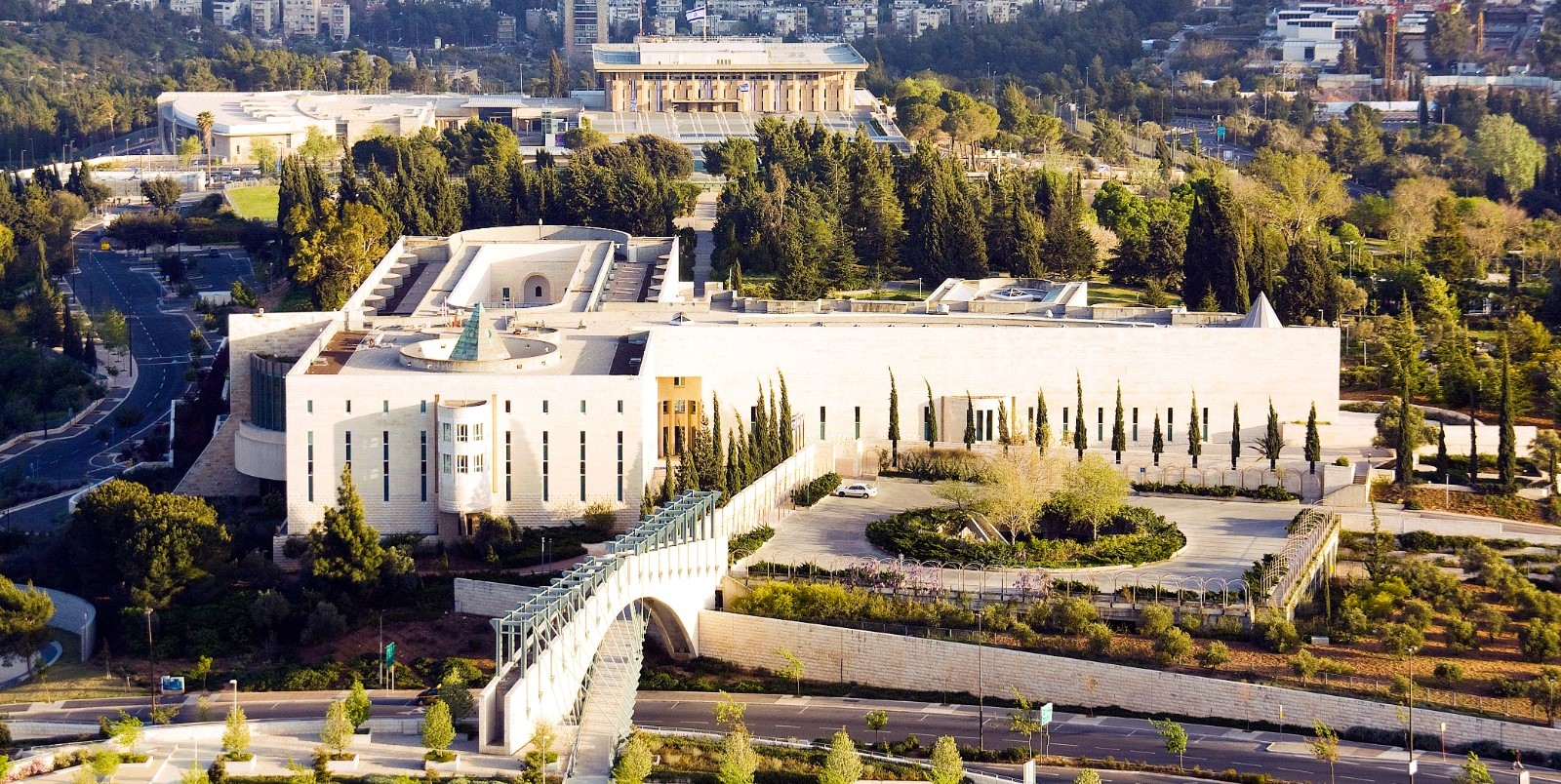Overriding the People of Israel
If Netanyahu's new government implements its plans, human rights may soon depend on majorities. Israel's delicate political structure makes this possible.

Along with the rise of populism in recent years in several countries, we are witnessing a trend of "democratic erosion". Democracies no longer die in a day; they are slowly eroded- sometimes without our even noticing. Once in power, populist politicians, use constitutional law as a vehicle for promoting their goals and for undermining the state’s democratic values, mechanisms, and institutions, sometimes by gradual changes in legislation, which may seem harmless if looked at in and of themselves. But here it's the quantity—the number of changes- that makes the difference.
Israel's constitutional structure exposes it to the dangers of democratic erosion much more than in other democratic countries. In every country, there are mechanisms which decentralize political power that is-checks and balances: a binding constitution, a bicameral legislature, the president's veto right on legislation, to, a federal structure, a regional electoral system, and sometimes- even the existence of international organizations and courts. All of these tools are part of the system of checks and balances. None of them exists in Israel.
Israel has no single official document known as ‘the Constitution,’ and for nearly half a century, its legal structure was based on the principle of parliamentary sovereignty. Although Israel's Declaration of Independence stipulated that a Constitution shall be adopted by the Constituent Assembly, deliberations on this issue reached a deadlock. Therefore, in 1950, a "compromise" was reached according to which Israel would introduce a constitution "in stages": the constitution would be composed of chapters, each comprising a single Basic Law unto itself.
Since the 1990s, with the enactment of two Basic Laws dealing with human rights in 1992 and of a judicial decision of monumental significance in 1995, Israel may be considered a "constitutional" democracy. The fundamental norms are expressed in its Basic Laws; the powers of the legislature are limited, and laws are subject to judicial review.
However, although the Basic Laws enjoy constitutional status, they are very easily amended. This means that Israeli politicians can change the constitutional rules of the game, the authority of the court, or even the system of government - at any time, by a simple majority of the Knesset.
The Knesset comprises 120 members, so 61 of them is all you need to change Israel's "constitution". 61 means almost absolute power. The only branch that may limit the power of the government and the Knesset, is the Supreme Court.
And so, it is clear that the new government's plans are aimed at undermining judicial review, thus circumscribing the tools for control or oversight of government. In the vast majority of countries, a constitution limits the legislative power of the majority and creates effective political and legal mechanisms to enforce this. Not in Israel.
One of the proposed reforms is the inclusion of an "override clause" in the Basic Laws that would allow the Knesset to enact laws that infringe human rights, even if these laws have been declared unconstitutional by the Supreme Court.
The human rights included in these laws are not absolute. The Knesset may infringe upon them, in conformity with the needs of the state or the rights of others. However, the rules for limiting these rights are clear, and anchored in the Basic Laws themselves:
"There shall be no infringement of rights under this Basic Law except by a law befitting the values of the State of Israel,
enacted for a proper purpose, and to an extent no greater than is required"
So what happens if the Knesset wants to enact a law that limits a human right, for example the right to equality, and the infringement is extreme, and not proportional? In this case, the law is declared "unconstitutional," and the Supreme court may exert its authority for judicial review. (Over a period of almost 30 years, only about 20 laws -mainly specific sections within them-have been declared unconstitutional).
But if an override clause is passed, it will allow the Knesset to re-enact a law infringing on human rights, if the majority so desires. It will allow the Knesset to override "our" human rights—the rights of the people of Israel.
The danger and the potential damage of the proposal to “Israel's constitutional law” cannot be exaggerated. Democracy is not just the rule of the majority. Democracy is also an effective instrument for protection of human rights, especially the rights of minorities. The override clause would destroy the one and only check we currently have on the power of the legislature to pass legislation limiting human rights. What this means is that protection of human rights will depend entirely on the mercy of the majority.
The article was first published in Taggespiegel.
